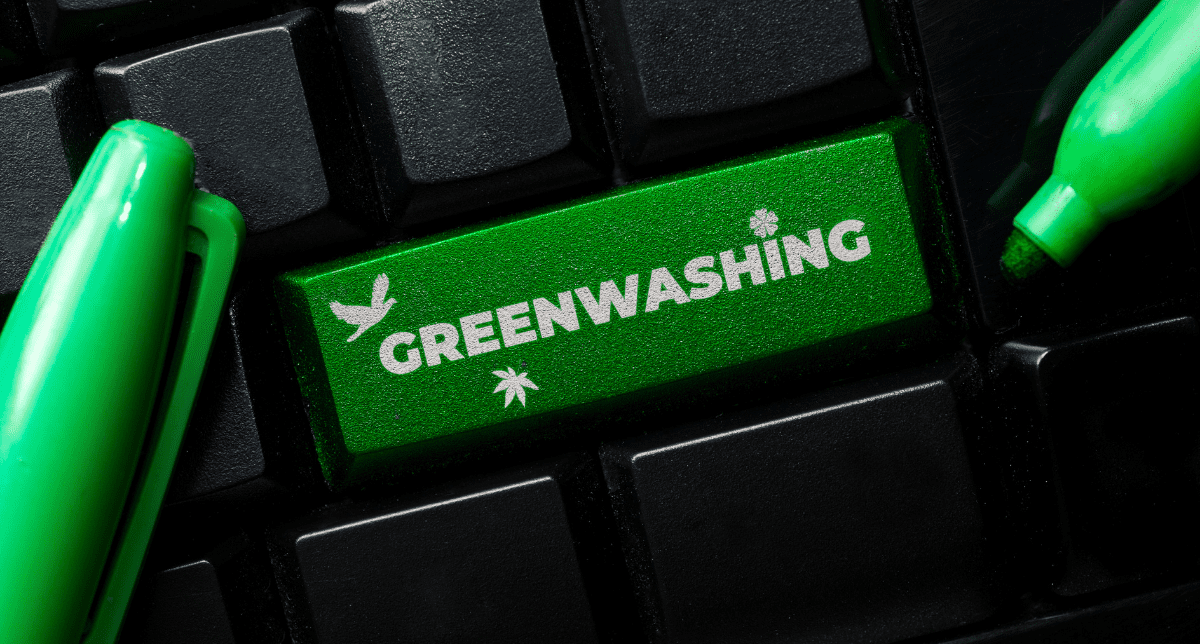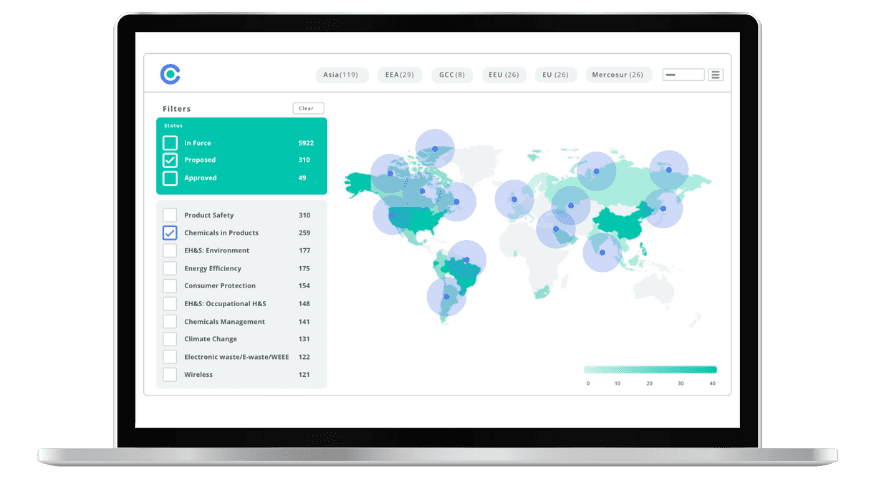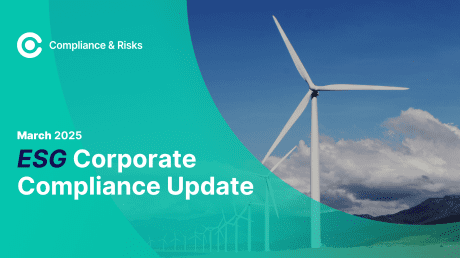
The Rise of Greenwashing Disputes – Emerging Trends

This blog was originally posted on 16th April, 2025. Further regulatory developments may have occurred after publication. To keep up-to-date with the latest compliance news, sign up to our newsletter.
AUTHORED BY EMILIA ASSENZA, SENIOR REGULATORY COMPLIANCE SPECIALIST, COMPLIANCE & RISKS
Introduction
An increased number of new regulations is being enacted across the globe as legislators intensify their fight against greenwashing. Fuelled by a surge of consumer awareness towards sustainability, companies are now expected to be transparent about their environmental commitments, through all kinds of communications – advertising, product labels, company websites, corporate reporting and more.
To date, many countries have already put in place a system to combat greenwashing, which may consist of different types of regulations – existing consumer protection legislation, ad hoc provisions on green claims, sustainability reporting rules etc. – that require environmental and sustainability information to be accurate, clear and not misleading or deceptive. In parallel, enforcement methods have been established to ensure compliance with these provisions.
Any type of communication or statement regarding the environmental/sustainability aspects of a company or their products is now under scrutiny by national authorities. As a result, government enforcement and lawsuits have significantly increased in the last few years.
Here are some of the emerging trends regarding greenwashing claims.
Increased powers to authorities
In the UK, the Competition and Markets Authority (CMA) has been given new enforcement powers under the Digital Markets, Competition and Consumers Act. CMA will now be able to decide whether consumer protection laws have been infringed (rather than litigating through the courts) and to issue fines.
While the Act does not explicitly target greenwashing, it is very likely that CMA will use these powers to issue fines for misleading/deceptive green claims, as already happened in the past. For example, CMA has previously urged fashion retailers “to use only accurate and clear green claims”.
Under the Act, CMA can impose fines up to 10% of global annual turnover of companies in breach of consumer protection laws (including the Green Claims Code).
Recent disputes
- A German court found a leading sportswear manufacturer guilty for not providing sufficient information on their climate neutrality claim which stated that the company would become “climate neutral by 2050”. The court found that the company failed to clearly explain how climate neutrality should be achieved. As a consequence of this ruling, the company was no longer allowed to advertise such a goal without clear explanation as to how it plans to achieve this target.
- In California, a US giant tech company is facing a lawsuit for alleged misleading carbon neutral claims due to the fact that they were based on two carbon offsetting projects which did not result in genuine carbon reductions.
- In Italy, a fast fashion brand is under investigation by the antitrust authority for potentially misleading environmental claims, published on its website, in violation of the consumer protection law regarding the percentage of green fibers used in garments and product recyclability.
Key takeaways
It is likely that governments’ actions against greenwashing will continue to grow, by means of new regulations, enforcement and sanctions. This translates into major legal challenges for companies, who must be ready and take action to ensure that their environmental claims are sufficiently substantiated and verified. Non-compliance could in fact expose companies to escalated risks and additional costs, as well as reputational damage.
Stay Ahead Of Regulatory Changes in Greenwashing
Want to stay ahead of regulatory developments in Greenwashing?
Accelerate your ability to achieve, maintain & expand market access for all products in global markets with C2P – your key to unlocking market access, trusted by more than 300 of the world’s leading brands.
C2P is an enterprise SaaS platform providing everything you need in one place to achieve your business objectives by proving compliance in over 195 countries.
C2P is purpose-built to be tailored to your specific needs with comprehensive capabilities that enable enterprise-wide management of regulations, standards, requirements and evidence.
Add-on packages help accelerate market access through use-case-specific solutions, global regulatory content, a global team of subject matter experts and professional services.
- Accelerate time-to-market for products
- Reduce non-compliance risks that impact your ability to meet business goals and cause reputational damage
- Enable business continuity by digitizing your compliance process and building corporate memory
- Improve efficiency and enable your team to focus on business critical initiatives rather than manual tasks
- Save time with access to Compliance & Risks’ extensive Knowledge Partner network

ESG Regulatory Developments in the US
Your overview of recent changes and emerging trends at both the federal and state levels, including policy shifts & developments following the start of the second Trump administration.


